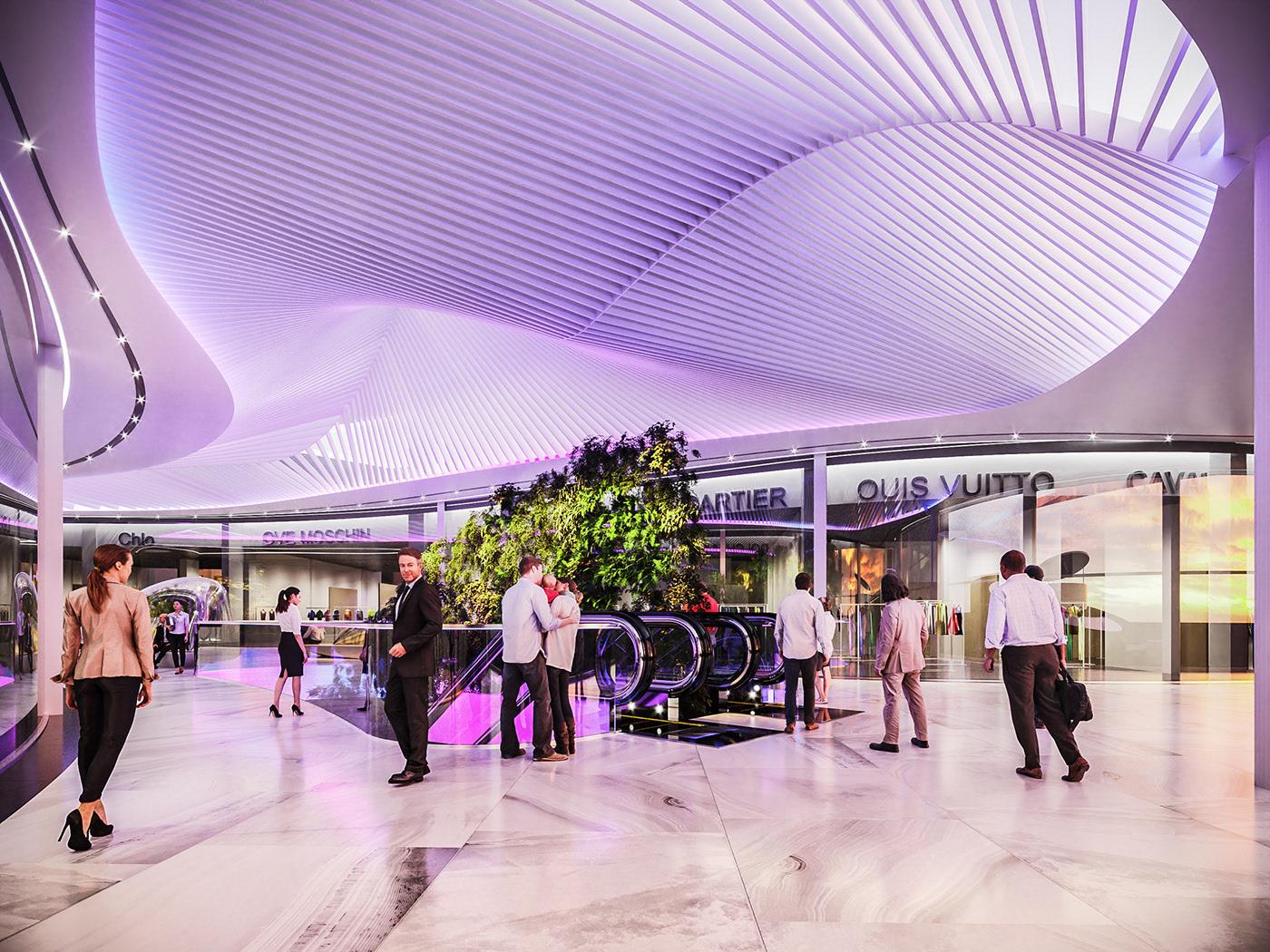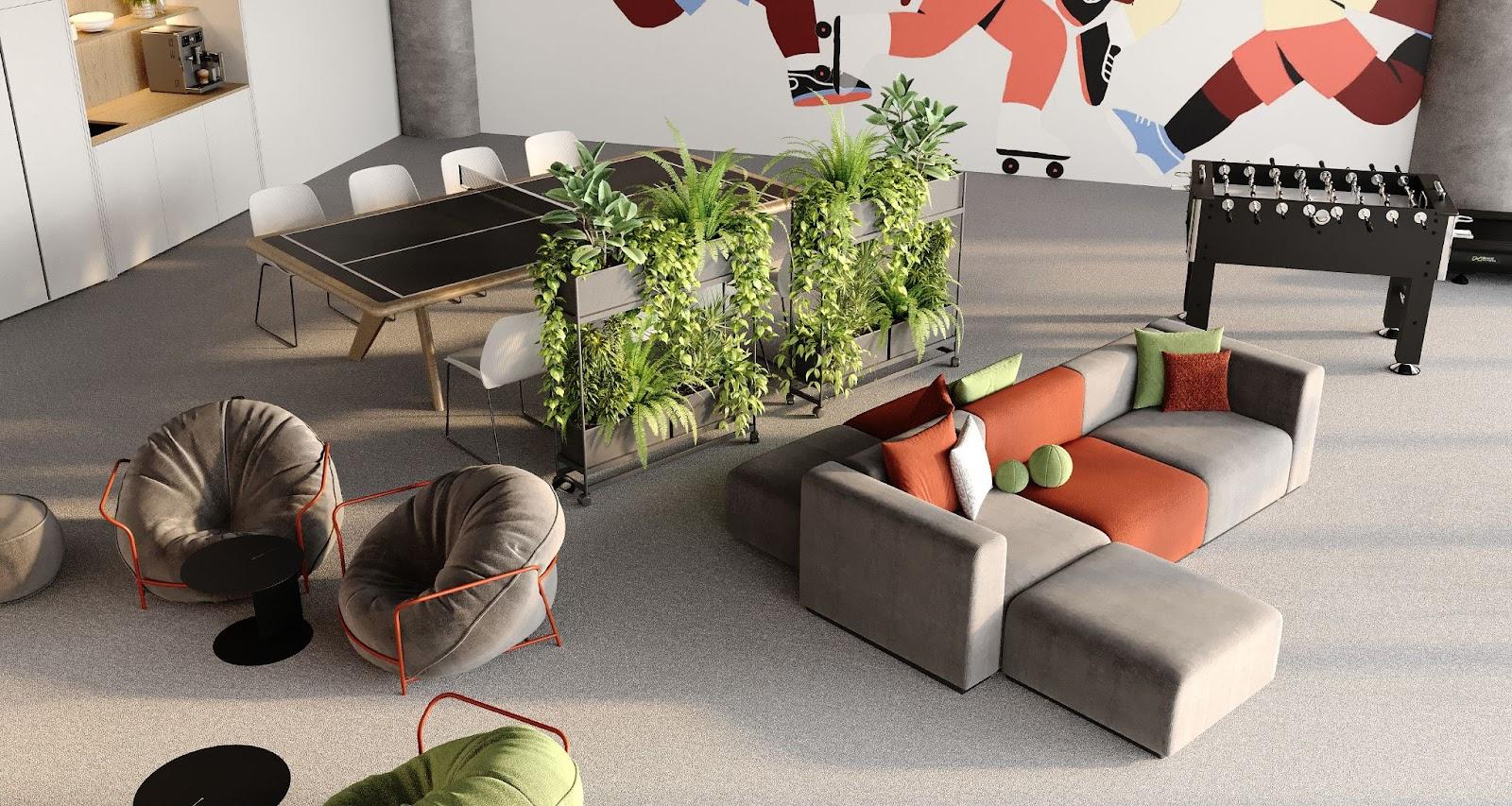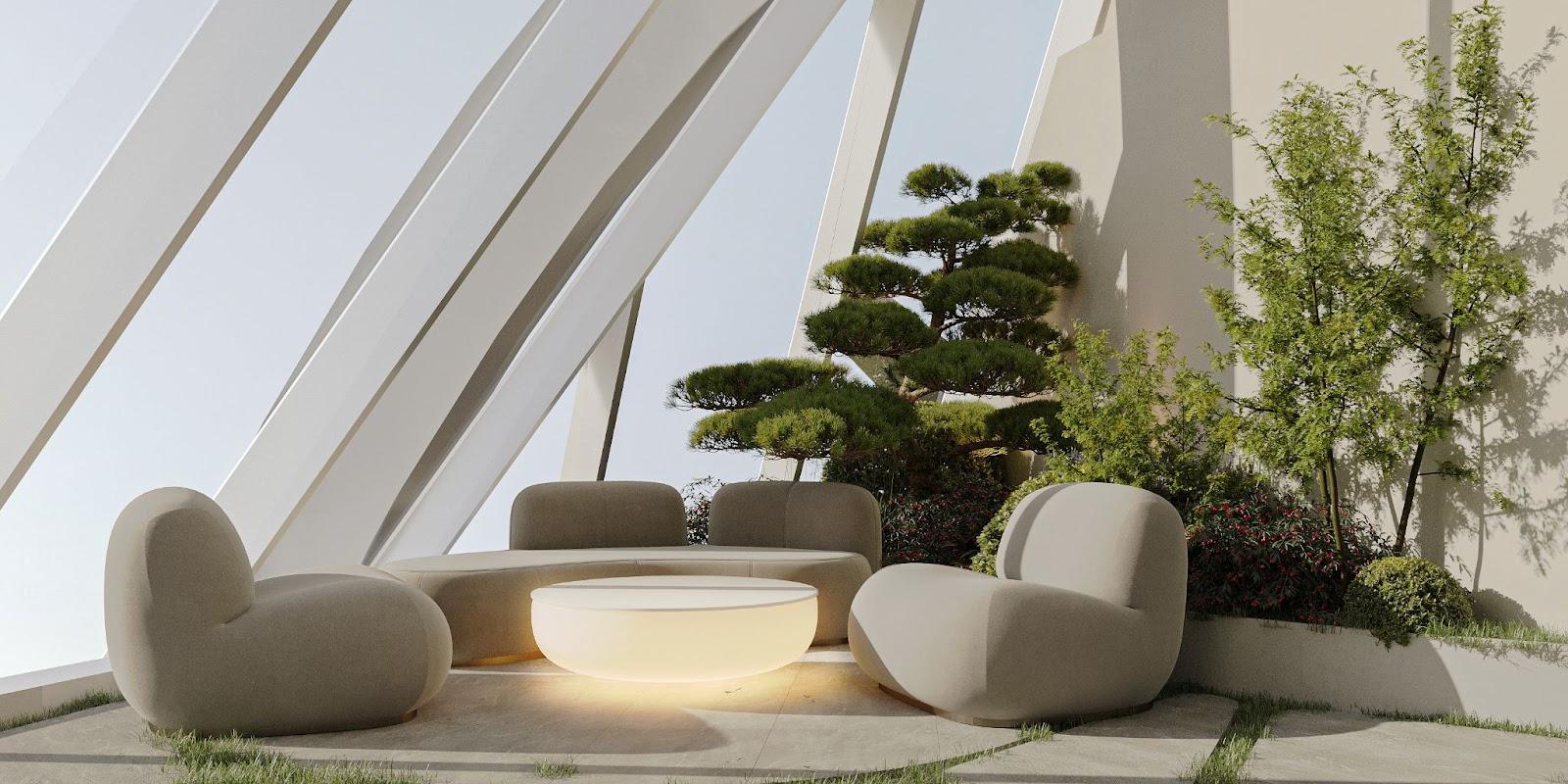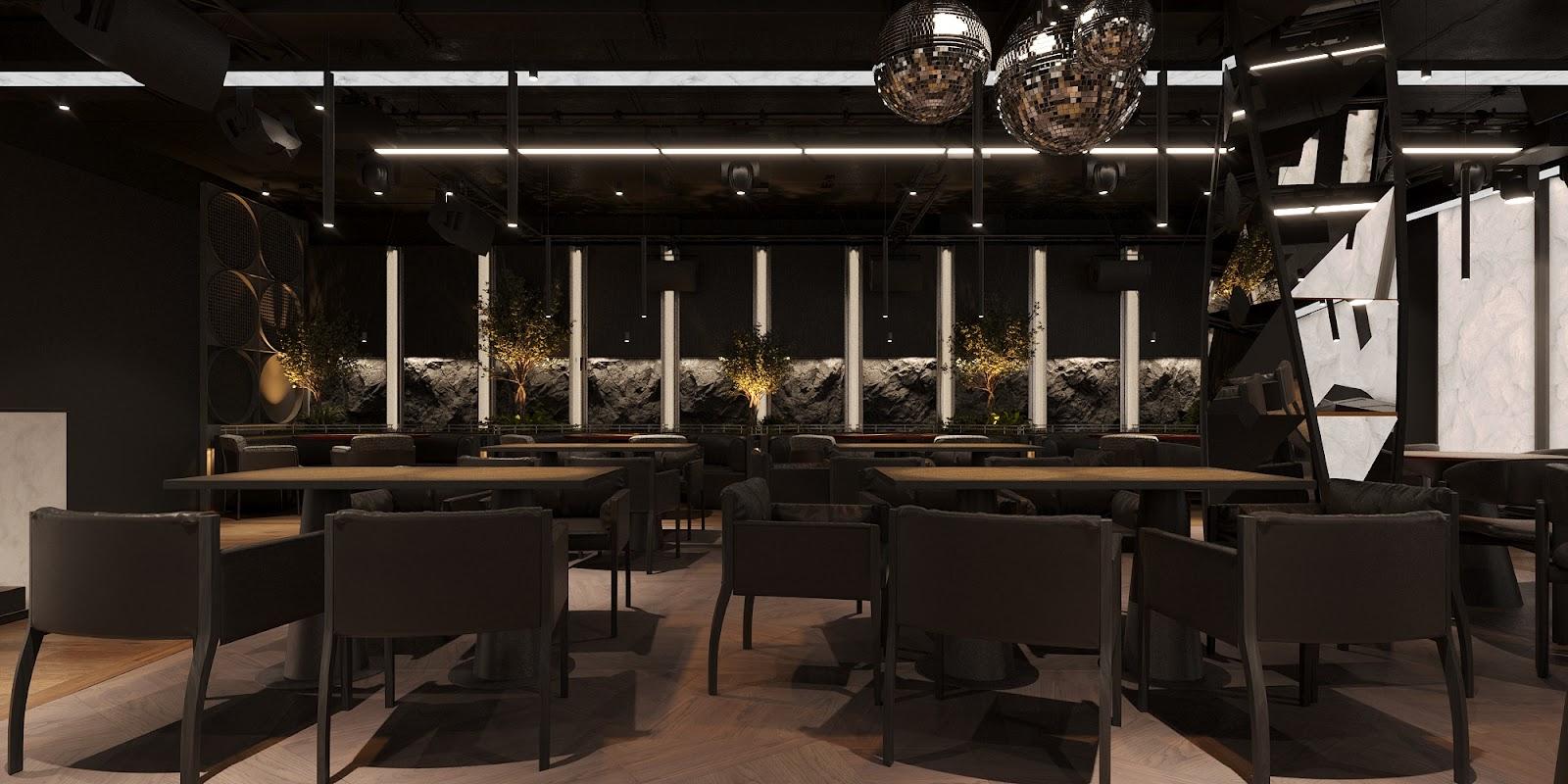You’ve rented a space, invested in renovation and furniture, and it looks like something out of Pinterest — but clients walk in and quickly leave, while your team complains about fatigue and noise. A classic case of design working against the business. Today, when competition for attention is fierce, the right architecture and design are tools of business efficiency. Mistakes, on the other hand, can turn into a constant money drain.
According to a report by Jones Lang LaSalle (one of the world’s largest international companies in commercial real estate and investment management), 73% of companies worldwide define space optimization as a strategic priority. This means design directly affects profit, costs, and efficiency.

Here are the five most common mistakes we see in commercial spaces — mistakes that cost businesses real money:
1. Inflexible Spaces
In a world where business models change faster than renovations are completed, non-adaptive spaces become a burden. Fixed zones, expensive partitions, and immovable furniture limit usage scenarios. When the work format changes — from events to seasonal promotions — you end up spending more on reconfiguration.
Example: In an office we designed for Puma, we introduced a hybrid kitchen that transforms from a dining area into a large meeting room, event hall, lounge, or even a sports zone (with treadmill, ping pong, and foosball). This was possible thanks to proper planning and modular furniture. One space, many options — maximizing usable area.

2. Lighting That Doesn’t Sell
Lighting can create atmosphere, highlight products — or drive customers away. According to Mordor Intelligence, the lighting solutions market in 2025 is growing thanks to demand for adjustable systems. Yet many businesses cut costs, leaving dead zones in shadow or installing overly harsh lights that bleach product colors. This directly impacts sales and customer return rates.
In every project, we work meticulously on lighting systems. In a recent wellness project, lighting became part of the emotional narrative, with multiple mood scenarios built in.

3. Noise That Repels
Poor acoustics are one of the most frequent complaints in cafés, offices, and showrooms. Spaces where you hear air conditioners or conversations through walls don’t retain people. In the corporate sector, acoustic comfort has become a key driver of investment in focused work zones — quiet meeting rooms that reduce fatigue and boost productivity. We implement these in every office. This is no longer innovation — it’s expected.
4. Materials That Age in a Year
When materials are chosen solely based on price, the business pays twice. Budget flooring and finishes wear out quickly, forcing frequent renovations. According to PW Consulting, commercial-grade flooring, though more expensive initially, pays off through durability and fewer replacements. The look of a space is part of its reputation, and scuffed corners easily ruin even a premium image. Don’t skimp on quality and longevity.

5. Ignoring Data
Without analytics on customer movement, dwell times, or heat maps, businesses lose the chance to optimize space. According to JLL, over 70% of companies in 2025 already collect usage data, but only 7% use it effectively. The rest keep wasting money blindly.
We always perform a detailed space audit and user analysis, and we recommend this as a starting point for tailoring a space to future needs.
How to Make Design Work for Business
The goal of commercial space design is to sell, retain, and increase efficiency.
Start with a space audit and surveys of staff and customers.
Build flexibility into furniture and layout.
Invest in durable materials and modern solutions for lighting and acoustics.
And most importantly — measure the impact: from average check size and dwell time to energy costs.
Companies that recognize design as a business asset are already winning the competitive game. Because a space can be beautiful, but it only gains real value when it makes money.
See also:

